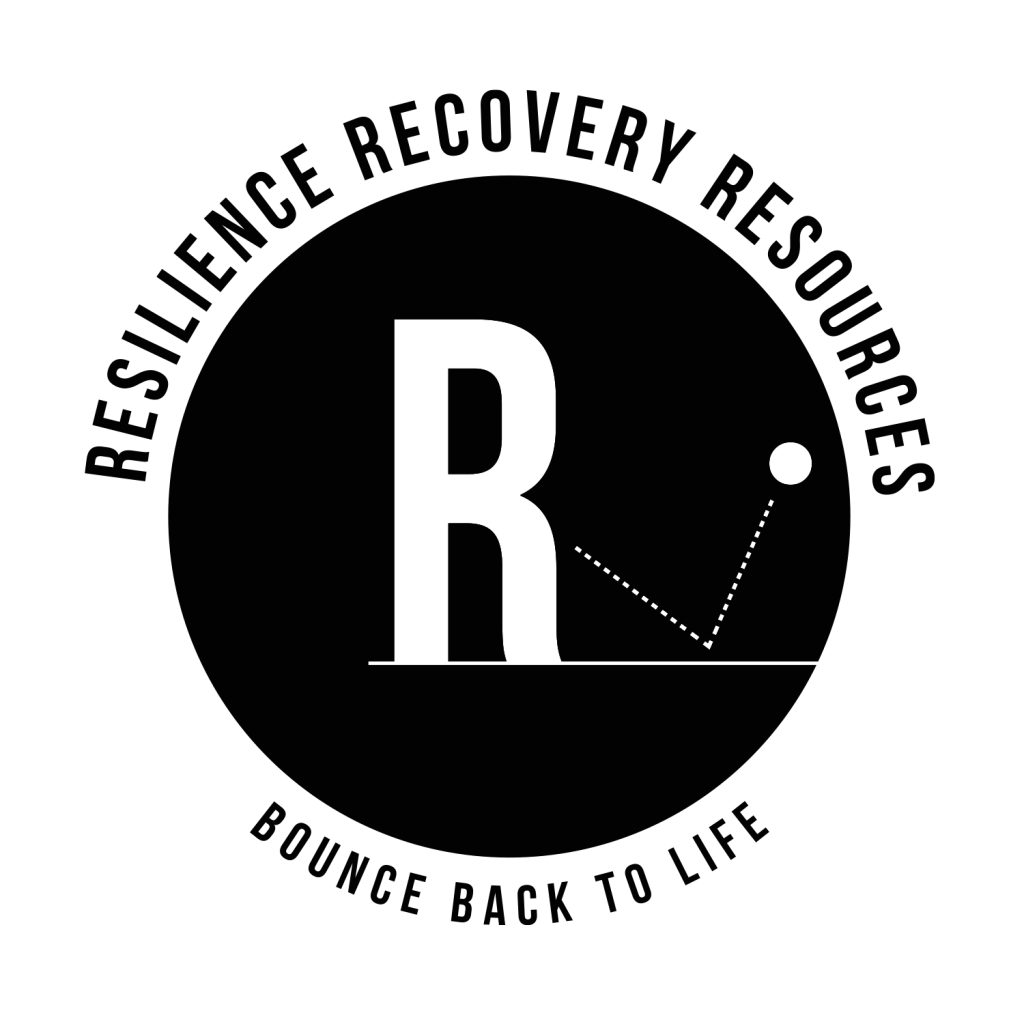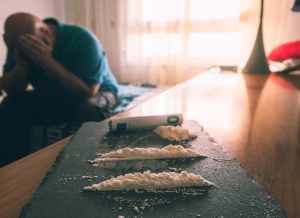Watching your son struggle with alcohol addiction is one of the most heartbreaking experiences a parent can face. The sleepless nights, the constant worry, and the feeling of helplessness can be overwhelming. If you’re reading this, you’re likely searching for answers, hope, and practical guidance on how to help your son overcome his battle with alcohol while protecting your own emotional well-being.
You’re not alone in this journey. Thousands of parents across the country face similar challenges, and with the right approach, professional support, and treatment resources, recovery is possible. This comprehensive guide will provide you with the tools, strategies, and knowledge you need to navigate this difficult situation and help your son find the path to sobriety.
Understanding Alcohol Addiction in Young Men
Alcohol addiction doesn’t discriminate, but it often manifests differently in young men compared to other demographics. According to the National Institute on Alcohol Abuse and Alcoholism, young adult males are at particularly high risk for developing alcohol use disorders due to various biological, psychological, and social factors.
Key factors that contribute to alcohol addiction in young men include:
- Peer pressure and social expectations
- Risk-taking behaviors common in adolescence and young adulthood
- Stress from academic, career, or relationship pressures
- Underlying mental health conditions such as depression or anxiety
- Genetic predisposition to addiction
- Easy access to alcohol in social settings
Understanding these underlying factors can help you approach your son’s addiction with compassion rather than judgment, which is crucial for maintaining trust and encouraging him to seek help.
Recognizing the Warning Signs
Early intervention is key to successful addiction treatment. Many parents miss early warning signs or dismiss them as typical teenage behavior. Here are critical indicators that your son may be struggling with alcohol addiction:
Physical Signs:
- Bloodshot or glassy eyes
- Slurred speech or coordination problems
- Unexplained injuries or bruises
- Changes in appetite or sleep patterns
- Poor hygiene or neglecting personal care
- Smell of alcohol on breath or clothing
Behavioral Changes:
- Secretive behavior or lying about whereabouts
- Dramatic mood swings or increased irritability
- Declining academic or work performance
- Loss of interest in previously enjoyed activities
- New friend groups or reluctance to introduce friends
- Financial problems or stealing money
Emotional Indicators:
- Increased aggression or violent outbursts
- Signs of depression or anxiety
- Emotional numbness or detachment
- Paranoia or defensive behavior when questioned
If you notice multiple signs persisting over time, it’s important to address the situation promptly rather than hoping it will resolve on its own.
What NOT to Do: Common Parental Mistakes
Before discussing effective strategies, it’s crucial to understand what approaches typically backfire and can push your son further away:
Avoid These Common Mistakes:
- Enabling behaviors: Covering up consequences, providing money, or making excuses for their actions
- Aggressive confrontation: Yelling, threatening, or trying to control through force
- Ultimatums without follow-through: Making threats you’re not prepared to enforce
- Ignoring the problem: Hoping it will go away or assuming it’s just a phase
- Taking it personally: Blaming yourself or viewing their addiction as a reflection of your parenting
- Isolating them: Cutting off all support or kicking them out without a plan
These approaches often increase shame, resentment, and the likelihood that your son will continue using alcohol as a coping mechanism.
Effective Communication Strategies
Healthy communication is the foundation of helping your son recognize his problem and accept help. Here’s how to approach these difficult conversations:
Choose the Right Time and Place:
- Have conversations when your son is sober
- Pick a private, comfortable setting without distractions
- Avoid discussing the issue during times of high stress or conflict
Use “I” Statements:
- “I’m concerned about your health and safety”
- “I’ve noticed changes in your behavior”
- “I love you and want to help”
Focus on Specific Behaviors:
- Discuss concrete examples rather than general accusations
- Avoid labels like “alcoholic” initially, which may cause defensiveness
- Express concern about observable consequences
Listen Actively:
- Give your son space to share his perspective
- Validate his feelings while maintaining boundaries
- Ask open-ended questions to encourage dialogue
Setting Healthy Boundaries
Establishing clear boundaries is essential for both your son’s recovery and your own well-being. Boundaries aren’t about punishment; they’re about creating a safe environment that doesn’t enable destructive behavior.
Financial Boundaries:
- Stop providing money that could be used for alcohol
- Consider controlling access to credit cards or bank accounts
- Be transparent about what expenses you will and won’t cover
Living Situation Boundaries:
- Establish rules about alcohol in the home
- Set expectations for behavior while living under your roof
- Create consequences for violations that you’re prepared to enforce
Emotional Boundaries:
- Don’t take responsibility for their choices or emotions
- Maintain your own support system and self-care routines
- Recognize that you can’t control their recovery journey
Remember, boundaries are most effective when they’re communicated clearly, enforced consistently, and set out of love rather than anger.
The Importance of Professional Treatment
While family support is crucial, professional treatment is often necessary for successful recovery from alcohol addiction. Substance abuse treatment addresses the complex medical, psychological, and social aspects of addiction that family members aren’t equipped to handle alone.
Why Professional Help is Essential:
- Medical supervision: Alcohol withdrawal can be dangerous and potentially life-threatening
- Evidence-based therapies: Professional treatment uses proven methods like Cognitive Behavioral Therapy
- Dual diagnosis treatment: Many individuals with addiction also have co-occurring mental health disorders
- Peer support: Treatment programs provide connection with others in recovery
- Structured environment: Professional programs offer accountability and routine
- Family therapy: Many programs include family counseling to improve relationships and communication
The Substance Abuse and Mental Health Services Administration (SAMHSA) provides extensive resources for finding appropriate treatment options in your area.
Treatment Options for Young Men
Different levels of care are available depending on the severity of your son’s addiction and his specific needs:
Partial Hospitalization Program (PHP): PHP programs provide intensive daily treatment while allowing patients to return home each evening. This option is ideal for young men who need structured support but can maintain some independence.
Intensive Outpatient Program (IOP): IOP treatment offers flexibility for young adults who need to continue work or school while receiving treatment. Sessions typically occur several times per week.
Outpatient Treatment: Standard outpatient care provides ongoing support through individual and group therapy sessions while allowing maximum flexibility for daily responsibilities.
Sober Living: Sober living environments provide a structured, substance-free living situation that bridges the gap between treatment and independent living.
Addressing Underlying Mental Health Issues
It’s important to recognize that alcohol addiction often co-occurs with mental health conditions. According to the National Alliance on Mental Illness, approximately 50% of individuals with substance use disorders also have a mental health condition.
Common co-occurring conditions include:
- Depression and mood disorders
- Anxiety disorders
- Trauma and PTSD
- ADHD
- Bipolar disorder
Addressing these underlying issues through integrated treatment is crucial for long-term recovery success.
How to Stage an Intervention
If your son is resistant to seeking help, a professionally guided intervention may be necessary. An intervention is a structured conversation designed to help your son recognize the impact of his addiction and motivate him to accept treatment.
Key Elements of a Successful Intervention:
- Professional guidance: Work with a certified intervention specialist
- Careful planning: Choose participants, prepare statements, and arrange treatment options in advance
- Specific examples: Share concrete instances of how alcohol has affected your son and family
- Consequences: Be prepared to enforce boundaries if your son refuses help
- Treatment arrangement: Have a treatment program ready for immediate admission
Who Should Participate:
- Close family members
- Friends who have been affected by the addiction
- Employers, coaches, or mentors (if appropriate)
- Anyone whose opinion your son values
Remember, interventions work best when they come from a place of love and concern rather than anger or frustration.
Supporting Your Son During Treatment
Your involvement doesn’t end when your son enters treatment. Family support plays a crucial role in recovery success:
During Treatment:
- Participate in family therapy sessions when offered
- Learn about addiction and recovery through educational programs
- Maintain regular, supportive communication
- Respect treatment center rules and recommendations
Supporting Long-term Recovery:
- Help create a sober social network
- Encourage healthy activities and hobbies
- Continue with family therapy or counseling
- Celebrate milestones and progress
Taking Care of Yourself
Dealing with a son’s addiction takes an enormous emotional toll on parents. It’s essential to prioritize your own mental health and well-being:
Self-Care Strategies:
- Join a support group like Al-Anon or Nar-Anon
- Consider individual therapy or counseling
- Maintain relationships with supportive friends and family
- Engage in stress-reducing activities like exercise, meditation, or hobbies
- Set aside time for activities you enjoy
Remember:
- You didn’t cause your son’s addiction
- You can’t control his recovery
- You can’t cure his addiction
- You can take care of yourself and provide loving support
When to Seek Emergency Help
Certain situations require immediate professional intervention:
Call 911 immediately if:
- Your son is experiencing severe withdrawal symptoms
- He has consumed a dangerous amount of alcohol (alcohol poisoning)
- He has expressed suicidal thoughts or intentions
- He has become violent or poses a danger to himself or others
Crisis Resources:
- National Suicide Prevention Lifeline: 988
- SAMHSA National Helpline: 1-800-662-4357
- Crisis Text Line: Text HOME to 741741
Finding Hope: Recovery is Possible
While the journey may seem overwhelming, it’s important to remember that recovery from alcohol addiction is entirely possible. According to the National Survey on Drug Use and Health, millions of Americans are in recovery from substance use disorders, living healthy, productive lives.
Factors that Improve Recovery Outcomes:
- Early intervention and treatment
- Strong family support
- Comprehensive treatment addressing underlying issues
- Long-term recovery support
- Healthy lifestyle changes
- Continued engagement in treatment and support groups
Taking the Next Step
If your son is struggling with alcohol addiction, waiting won’t make the problem go away. The sooner you take action, the better the chances for successful recovery. Here’s what you can do today:
- Educate yourself about addiction and treatment options
- Document concerning behaviors to present clear examples when discussing treatment
- Research treatment programs that specialize in young adult males
- Consider professional intervention assistance if your son is resistant to help
- Take care of your own mental health through support groups or counseling
Get Professional Help Today
At Resilience Recovery Resources, we understand the unique challenges that young adult males face with addiction. Our comprehensive clinical services are specifically designed to address the needs of adolescents and young men struggling with alcohol and substance abuse.
Located in West Palm Beach, we offer:
- Specialized treatment programs for young adult males
- Family therapy and support services
- Evidence-based treatment approaches
- Flexible treatment options including PHP, IOP, and outpatient care
- Sober living support for long-term recovery
Don’t wait another day to get the help your son needs. Our compassionate team is here to guide you through this difficult time and help your family find hope and healing.
Contact Resilience Recovery Resources today: Call: 561-566-5480
Remember, seeking help is a sign of strength, not weakness. Your son’s recovery journey can begin today, and we’re here to support both of you every step of the way.




